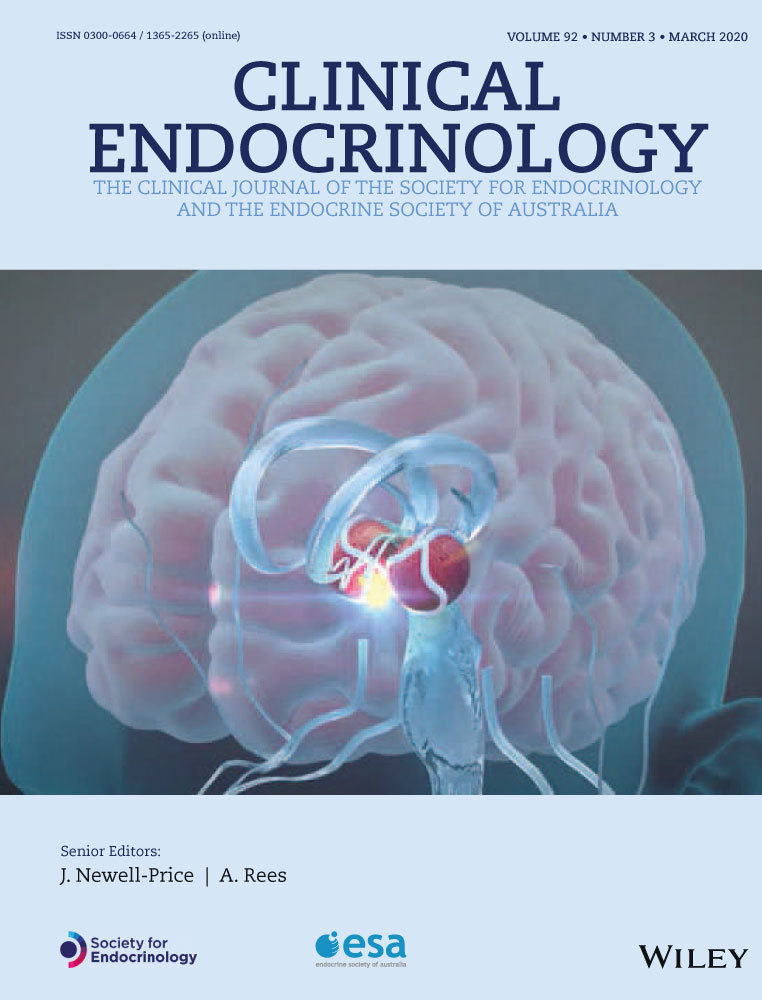Australian endocrinologists need more training in transgender health: A national survey
Funding information
Ingrid Bretherton is supported by an Australian Government Research Training Program Scholarship and a Rowden White Scholarship (application ref: 184409), The University of Melbourne. Ada Cheung is supported by an Australian Government National Health and Medical Research Council Early Career Fellowship (#1143333) and receives research support from the Viertel Charitable Foundation Clinical Investigator Award, Endocrine Society of Australia Postdoctoral Award and the Royal Australasian College of Physicians Vincent Fairfax Family Foundation.
Abstract
Objective
An increasing number of trans and gender diverse (TGD) individuals are seeking gender-affirming hormone therapy for gender transition. Little is known about the levels of training, experience and confidence of endocrinologists in providing care and lack of training and experience is a potential barrier to individuals seeking appropriate and timely health care. We aimed to assess the level of training and confidence of Australian endocrinologists and trainees in the endocrine management of trans and gender diverse individuals in a representative sample.
Design
Endocrinologist and trainee members of the Endocrine Society of Australia were invited to participate in an anonymous 14-item survey. Of the 545 members, 147 clinicians (95 adult endocrinologists, 2 paediatric endocrinologists and 50 endocrinology trainees) responded.
Results
When presented with a scenario regarding commencement of gender-affirming hormone therapy, only 19% felt confident providing clinical care to TGD individuals. Compared to other areas of endocrinology, 75% felt less or not at all confident in commencing hormone therapy in a TGD patient. No training in transgender medicine during medical school or during their endocrinology training was reported by 96% and 60%, respectively. There were significantly higher levels of confidence in all aspects including performing a consultation in those who had previously seen a TGD patient. The desire for more training was high (91%).
Conclusions
These results highlight the shortfall in training in TGD health care amongst endocrinologists and show that prior clinical experience is associated with higher levels of confidence. Medical schools and endocrinology fellowship training programmes will need to adapt to meet the increasing demand for quality TGD health services.
CONFLICT OF INTEREST
The authors have no conflicts to declare.
Open Research
DATA AVAILABILITY STATEMENT
The data that support the findings of this study are available from the corresponding author upon reasonable request.




